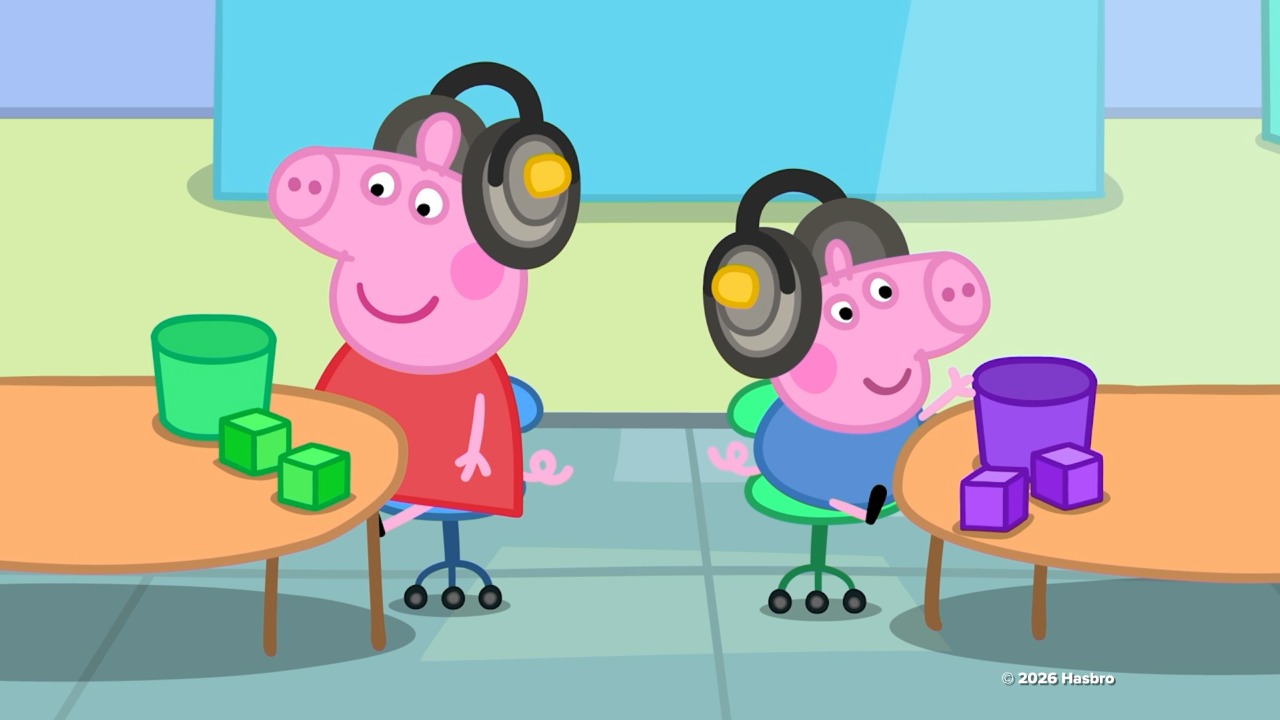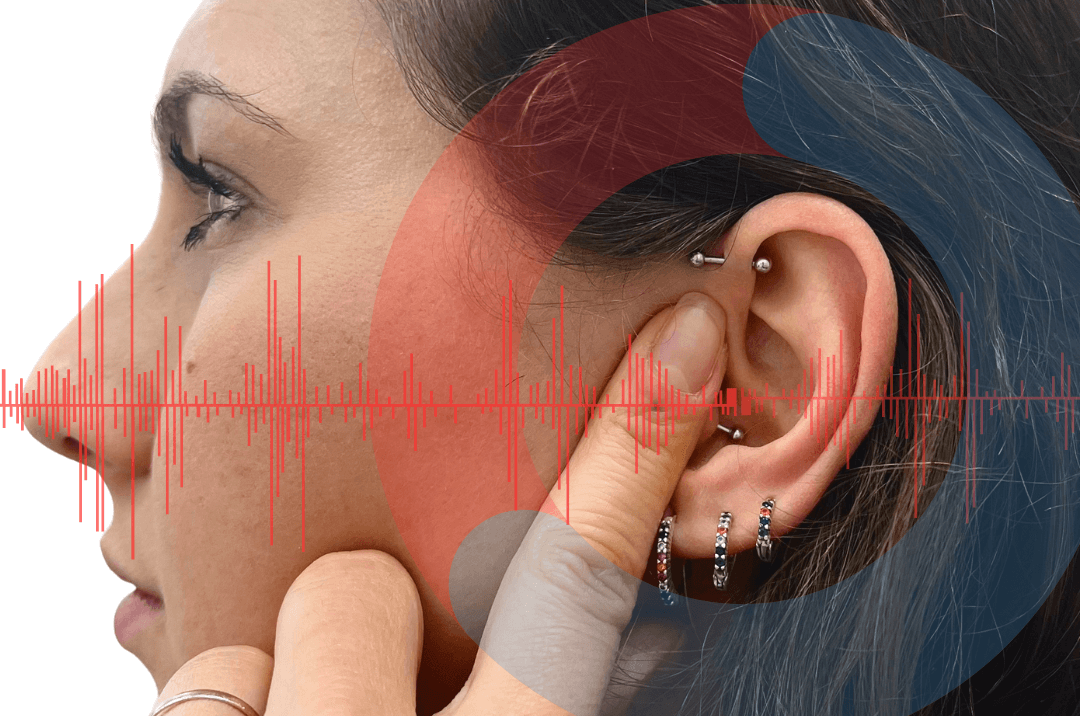It is widely known that balance and hearing are somewhat linked. Balance is so important as it plays a crucial role in many of our daily activities; even just walking. As we age, the likelihood of us falling increases which means it is even more important that our balance is working well.
What is the connection between hearing loss and balance?
The reason hearing loss and balance are linked is because of the inner ear. The vestibular system controls balance and eye movements and is located in the inner ear. This system is made up of three loop-shaped canals which focus on the rotation of the head. At the base of these canals are the utricle and saccule which detect the position of head in gravity during movement such as going up and down or forwards and backwards.
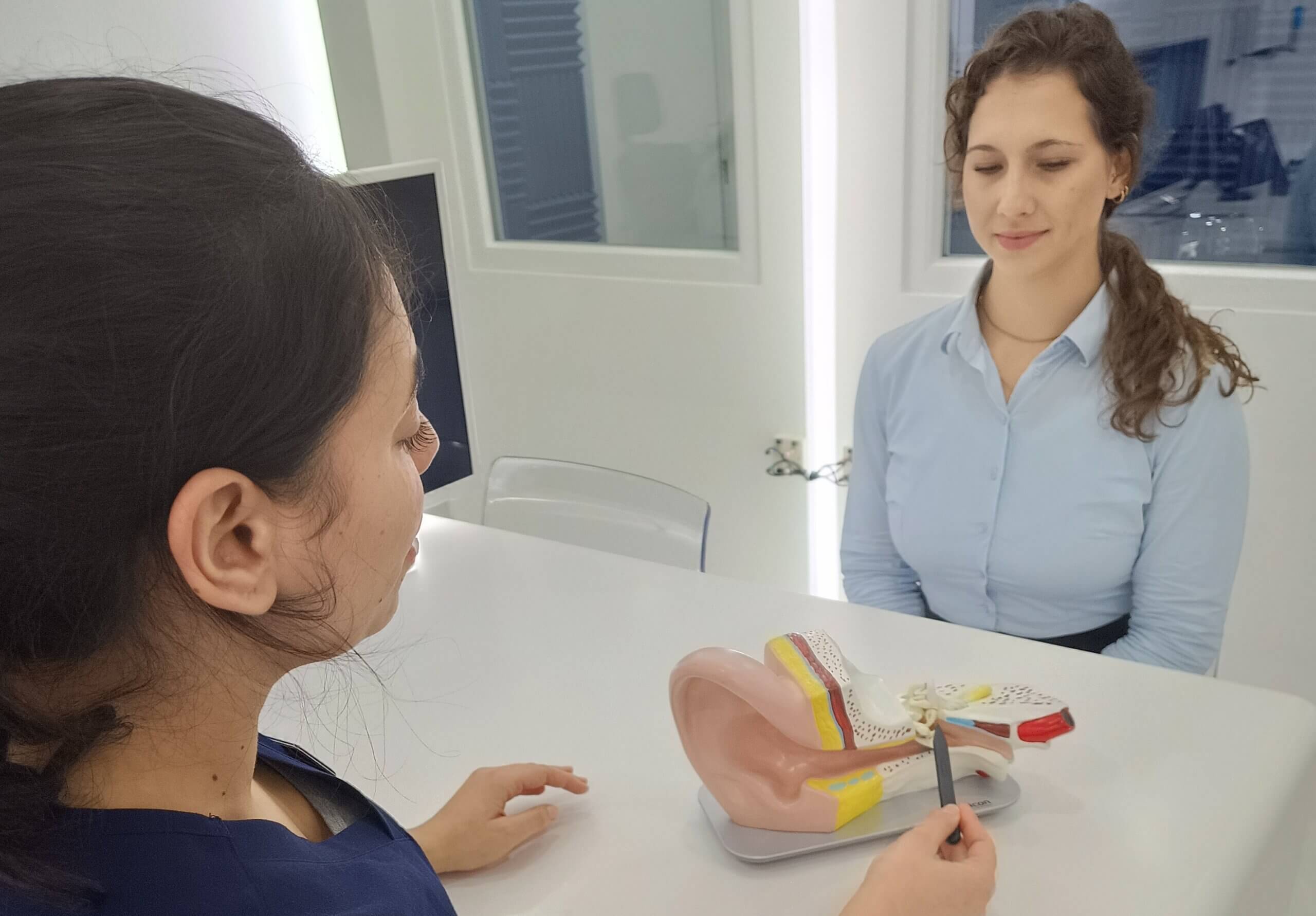
Hearing loss and balance are linked through the inner ear.
Whenever the head moves, the vestibular system sends a signal through the vestibular nerve to the brain. The brain then processes this signal to help maintain balance. It does this with assistance from not just the vestibular system but also vision, muscles, joints and movement sensors in the skin.
How can having a hearing loss affect balance?
The cochlea (which facilitates hearing) and the vestibular system are very close to each other. They share fluid and neural pathways. Because of their close proximity, any damage in the cochlea impacts the vestibular system.
When a hearing loss is left untreated, the brain also works overtime to help decipher sound and conversation. This means its focus is often elsewhere and may not help as it should with balance. A hearing loss can also reduce awareness of surroundings, which can in turn, result in trips and falls.
Hearing aids can help maintain balance!
If you have a hearing loss, and wisely choose to treat that hearing loss with hearing aids, it can greatly decrease your risk of falling. Research has shown that wearing hearing aids can actually reduce the risk of falling by 50%. Hearing aids will help to improve awareness of your surroundings, but will also positively impact the vestibular system. It is important that once you are prescribed hearing aids, you wear them consistently.
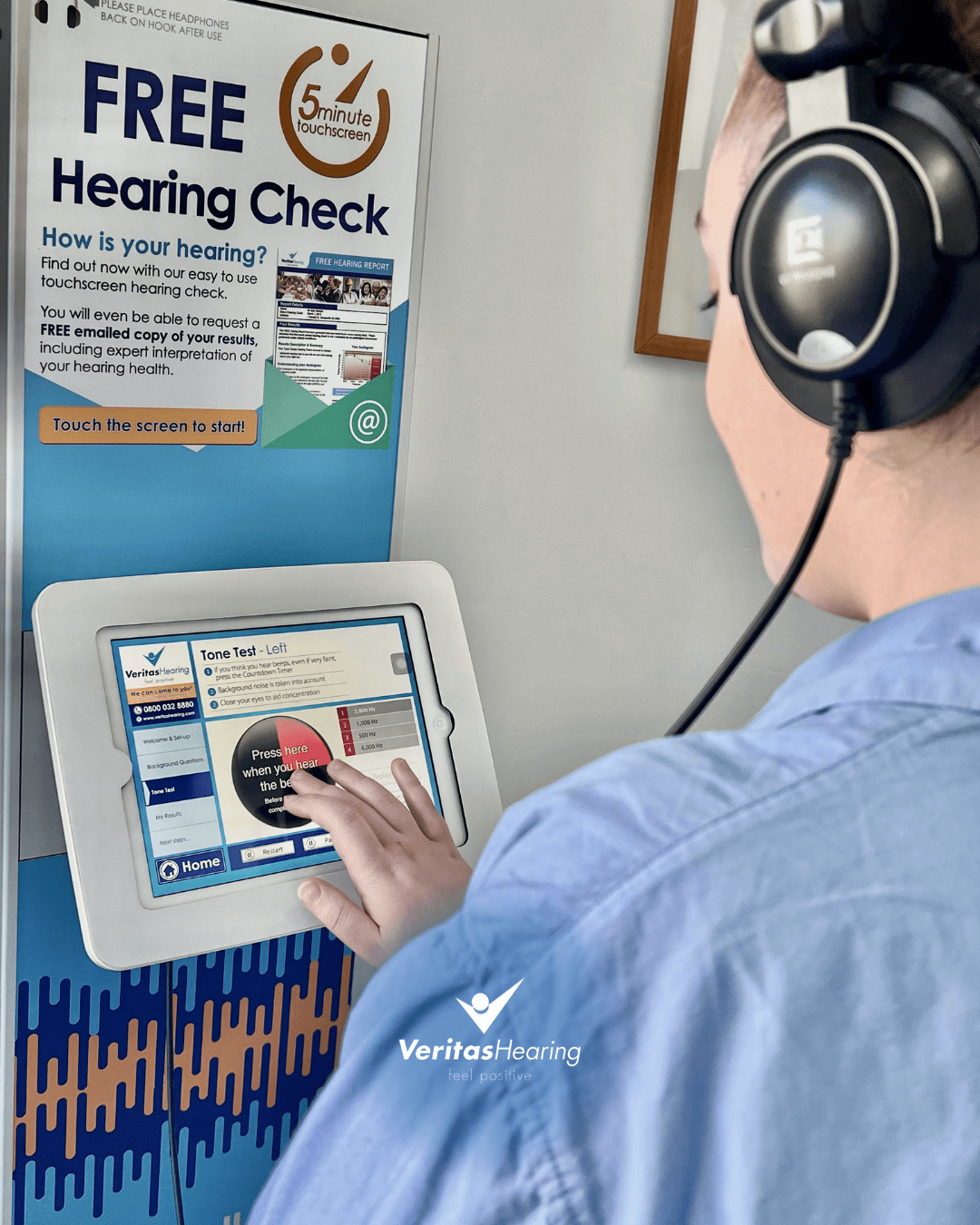
A hearing test can quickly, easily and painlessly inform you if you have a hearing loss.
As we get older, sadly we are all more at risk from trips and falls. However, there are most definitely steps that can be taken to ensure these risks are minimised. Book in for a hearing consultation with a local hearing care professional to see if you have any untreated hearing loss. If you do have a hearing loss, they can help you to make a decision on how best to treat it. If you would like any further advice, please don’t hesitate to get in touch.

